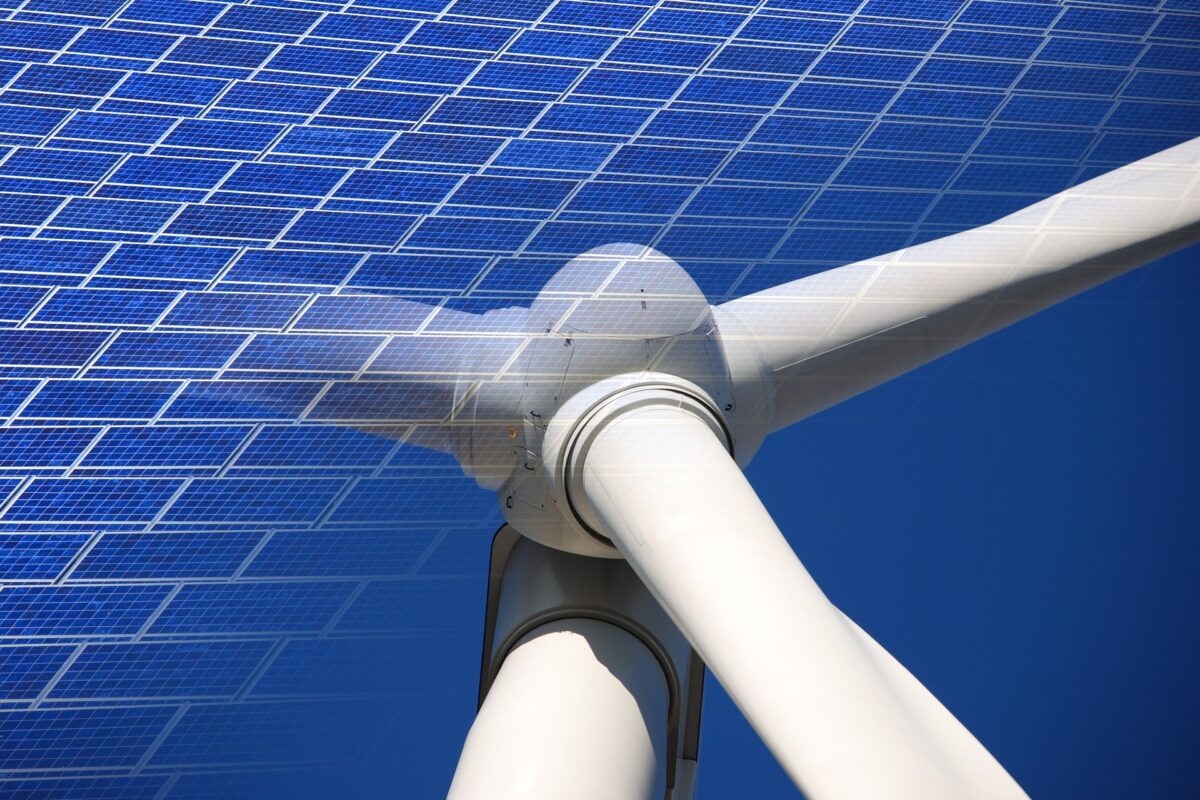Duke Energy has announced a community solar program in South Carolina that will allow low-income customers to experience the benefits of solar power production, without the frequently unattainable cost of installation.
The utility’s Shared Solar Program allows customers to subscribe to an already-existing solar project, rather than purchasing or leasing systems to be installed on their homes. The program is currently being rolled out in the South Carolina service area of Duke Energy Progress, with plans to open it in portion of Duke Energy Carolinas’ service area in the state in December.
Unlike third-company community solar programs offered in states such as Massachusetts, Duke’s program is based on a subscription model, with a $20 application fee and initial fees of $50 per kilowatt for residential customers and $100 for businesses. From there, every month customers will pay $6 – $6.25 for every kilowatt of solar they are subscribed to, but have roughly 6 cents subtracted from their bills for every kilowatt-hour that their portion of the plant generates.
Duke has put a special focus in the program on low-income customers. To incentivize subscriptions among this population, Duke has waived the application and initial kW subscription fees for customers who meet their income qualifications.

400 kW of capacity has been allowed for the low-income portion of the program. This means that there are 200 available applications for 2kW subscriptions. Should an income-qualified customer choose to end their subscription, they will be replaced by another low-income applicant. Income verification comes through various South Carolina community organizations, with the cost of verification being paid for by Duke.
Duke describes that the program is subsidized by rate base.
Assuming a residential customer chooses to subscribe to their maximum kW allowance, they face a $120 upfront fee, with an additional $12.50 monthly fee. In return, the company predicts the subscription to produce $23.20-13.95 in return credits per month, with the high end estimation representing the average kWh production multiplied by the 6.3¢ credit for June, and the low end representing the same equation with December production averages.

Duke estimates a 3-year payback for residential customers and a 6-year payback for nonresidential customers, while income-qualified customers will see immediate benefits.
The entire program will draw on 1 MW of a 5 MW project in Duke Energy Progress’ service area, and two plants totaling 3 MW in Duke Energy Carolinas. There are currently no plans to expand the program, although Duke is considering expansion in the future.
The company is waiting on approval from regulators in North Carolina to roll out a similar program, however Duke notes that this one will not be subsidized. “It will have a payback that it is not as fast,” Duke Energy Senior Products and Services Manager Stacy Phillips told pv magazine.
Duke’s rollout of these programs comes only a few weeks after the utility hit caps on net metering in South Carolina, and has been criticized for only offering only wholesale rate compensation to new customers who wish to install solar.
This content is protected by copyright and may not be reused. If you want to cooperate with us and would like to reuse some of our content, please contact: editors@pv-magazine.com.









By submitting this form you agree to pv magazine using your data for the purposes of publishing your comment.
Your personal data will only be disclosed or otherwise transmitted to third parties for the purposes of spam filtering or if this is necessary for technical maintenance of the website. Any other transfer to third parties will not take place unless this is justified on the basis of applicable data protection regulations or if pv magazine is legally obliged to do so.
You may revoke this consent at any time with effect for the future, in which case your personal data will be deleted immediately. Otherwise, your data will be deleted if pv magazine has processed your request or the purpose of data storage is fulfilled.
Further information on data privacy can be found in our Data Protection Policy.